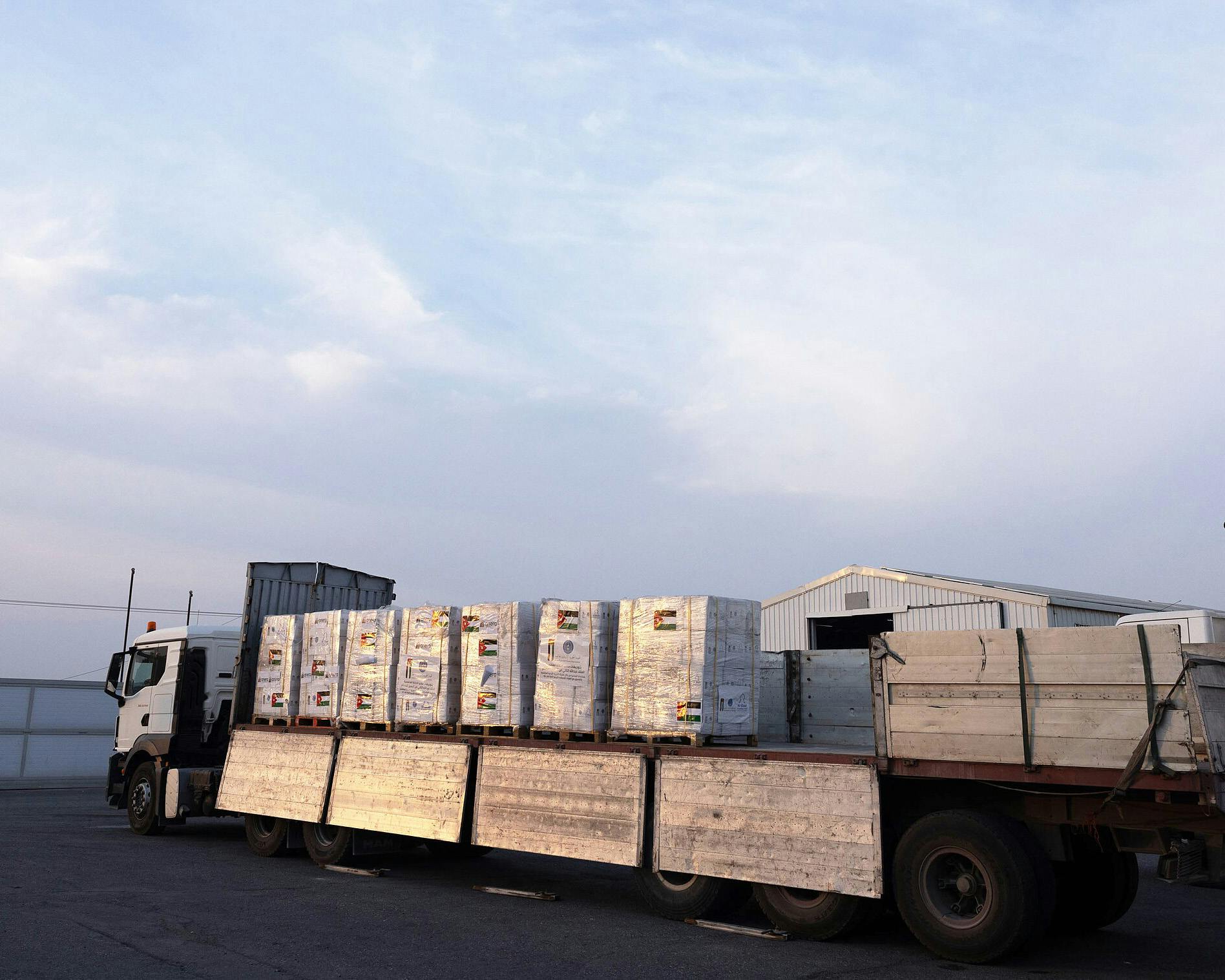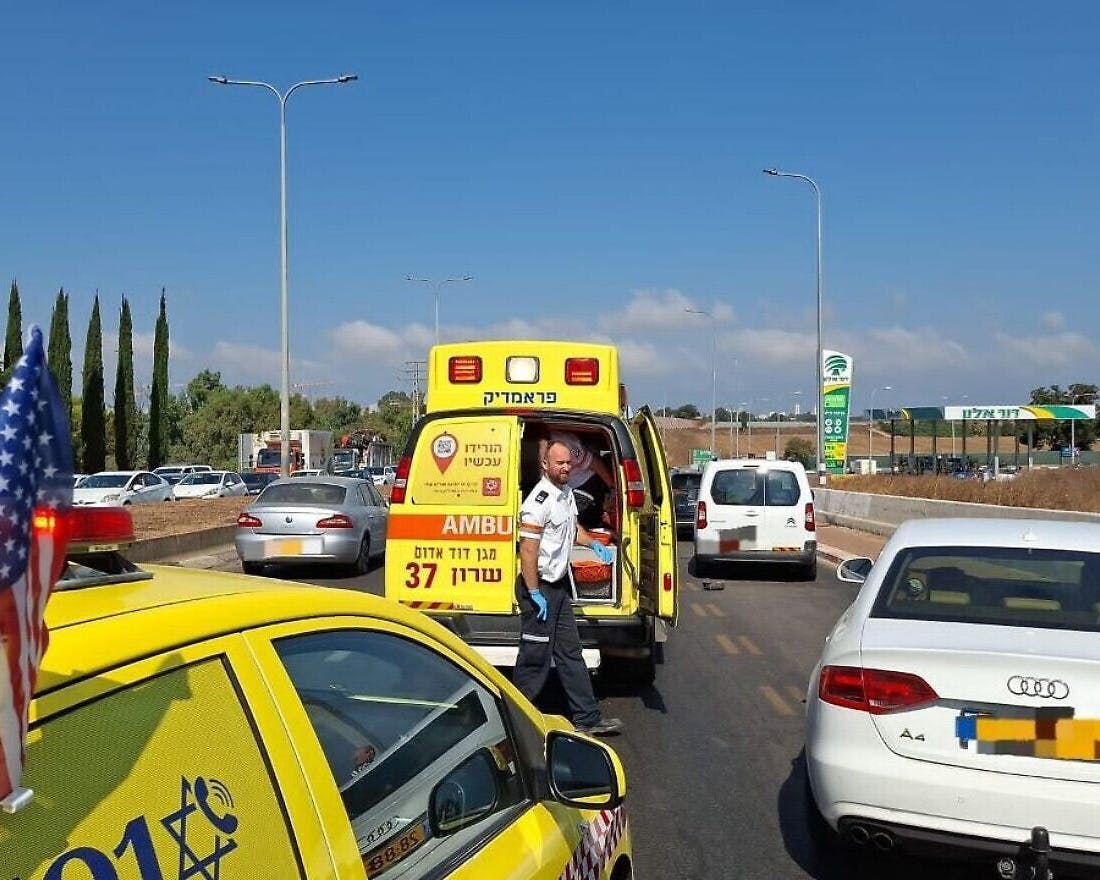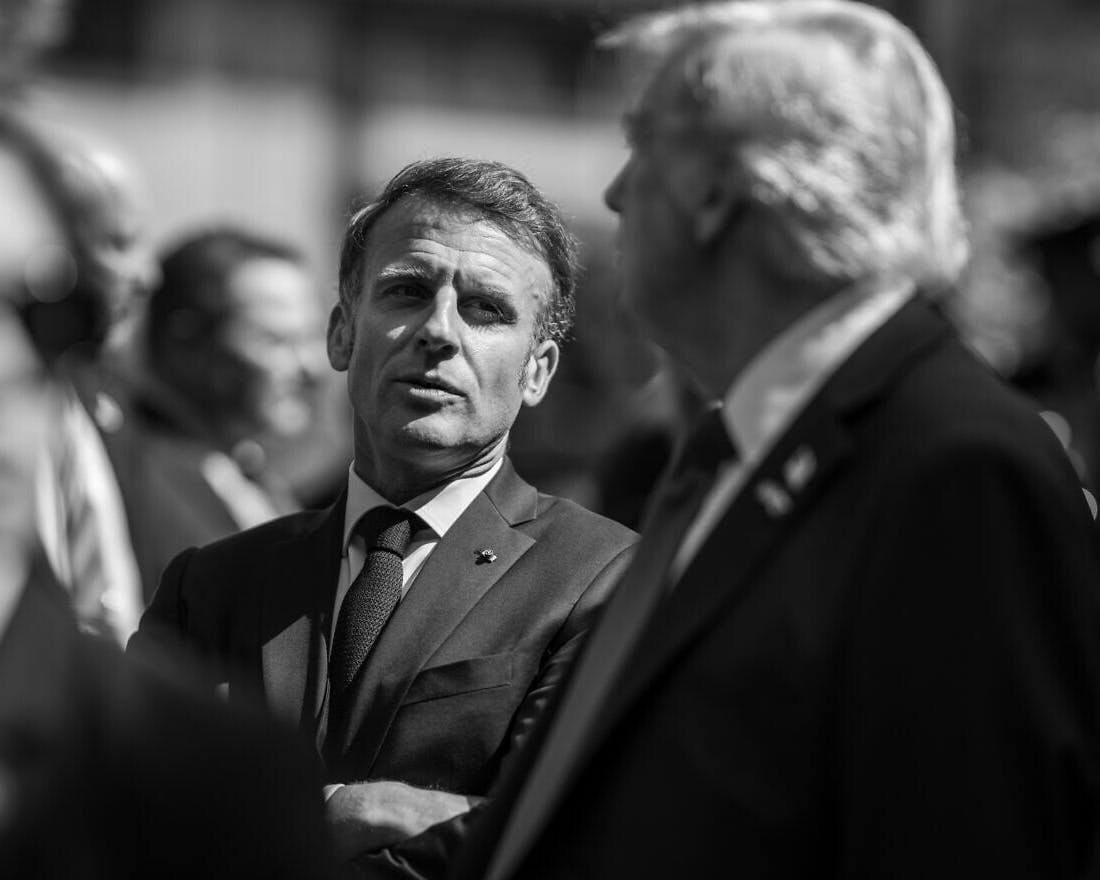Israel’s Strike on Iran: Why Operation Rising Lion Was Inevitable
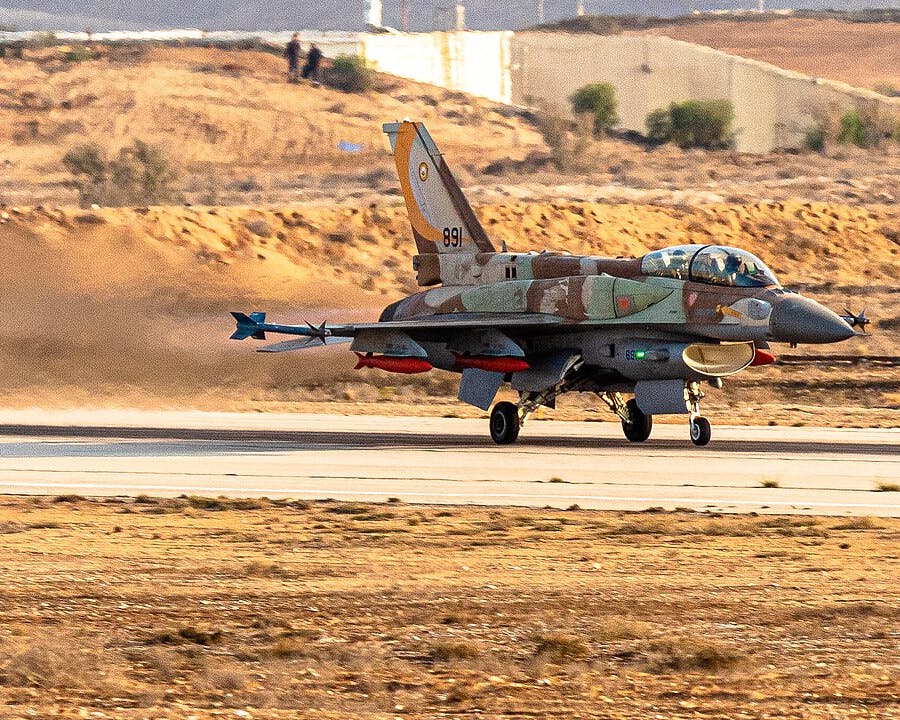
Monday, 16 June 2025 | When Prime Minister Benjamin Netanyahu named Israel’s military campaign against Iran “Operation Rising Lion,” he drew from the book of Numbers, where the lion symbolizes a fierce nation, enlivened by fury, refusing to lay down until it has thoroughly vanquished its prey. “‘Behold, a people rise like a lioness, and as a lion it lifts itself; it will not lie down until it devours the prey and drinks the blood of the slain” (Num. 23:24 NASB 1995). Invoking biblical imagery to frame the attacks on Iran’s nuclear facilities as divinely imperative, rather than an act of unprovoked aggression, he declared that Israel’s preemptive strike was born from unqualified necessity—not choice. This was not an act of hegemonic war but one of survival, driven by Iran’s relentless nuclear ambitions, explicit threats to annihilate Israel, and a rapidly closing window to act.
Iran’s Nuclear Threat: A Ticking Clock
By mid-2025, Iran’s nuclear program had become an imminent danger. The International Atomic Energy Agency’s (IAEA) June 2025 report revealed Iran was enriching uranium to 90%—weapons-grade levels—at Natanz and Fordow while obstructing inspectors. Israeli intelligence estimated Iran could produce a nuclear weapon within weeks, perhaps days. An intelligence breakthrough reported information that Iran’s elite “weapons group”, formed after October 7, 2023, was perilously close to weaponizing its nuclear program. With enough enriched uranium for roughly 15 bombs, Iran was planning to assemble a working nuclear weapon. For the tiny nation of Israel, a nuclear-armed Iran was unthinkable. A single warhead could lay waste to Tel Aviv.
Tehran’s Genocidal Intent: Words and Actions
Iran’s leaders have never hidden their intentions toward Israel. Supreme Leader Ayatollah Ali Khamenei, in a 2015 speech, called Israel a “cancerous tumor” that must be “uprooted and destroyed.” In October 2024, he said, “The Zionist nation will not last long.” His predecessor, Ayatollah Ruhollah Khomeini, declared, “Israel must be wiped off the map.”
These threats were operationalized: Iran armed Hezbollah with 150,000 rockets, backed and funded Hamas’s October 7, 2023, attack that killed 1,200 Israelis, and supported Houthi attacks. In June 2025, Khamenei vowed a “bitter and painful” response to Israel’s strikes, promising to leave Israel “helpless.” The IDF revealed Iran’s “Destruction of Israel Plan,” a strategy involving nuclear weapons, thousands of missiles, and a multi-front ground offensive from its proxy terror militias. This rhetoric and aggression have been in plain sight for decades and leave zero room for doubt over Tehran’s unrelenting commitment to Israel’s destruction.
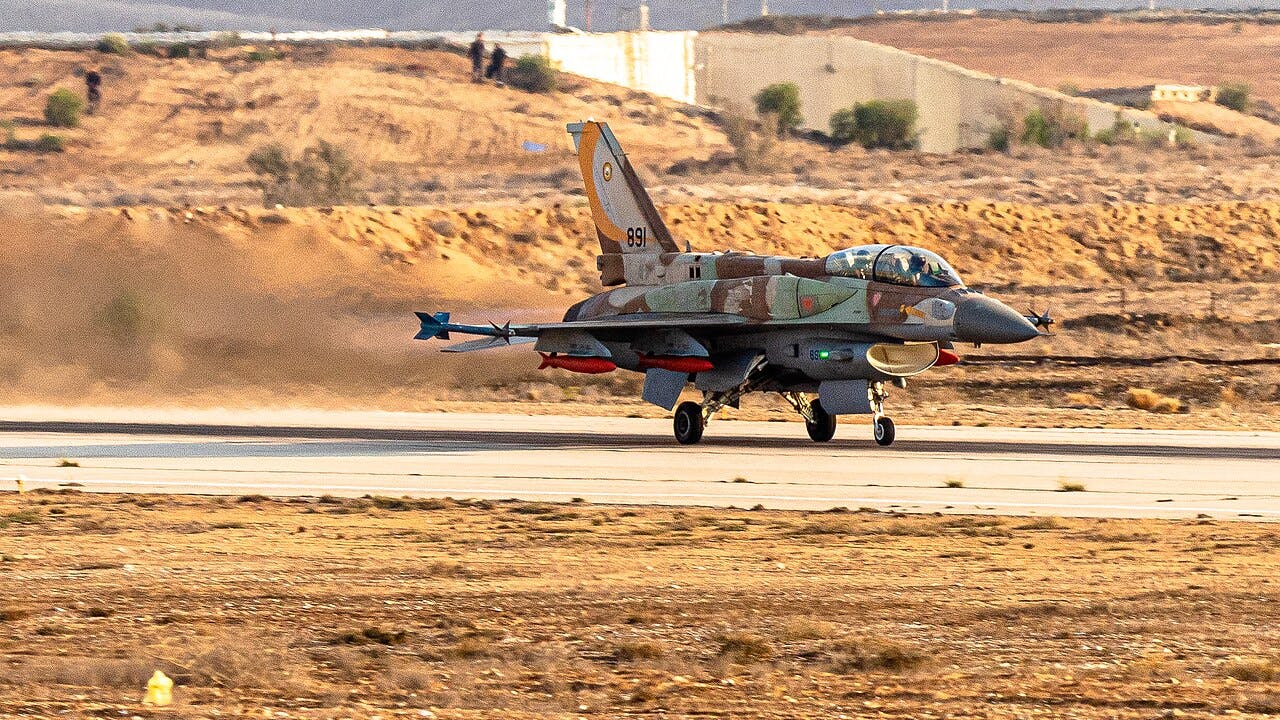
The Failure of Diplomacy: A Broken System
Diplomacy has failed to restrain Iran. The 2015 Joint Comprehensive Plan of Action collapsed after Iran hid enrichment sites and missile programs. Post-2018, when the US withdrew, Iran amassed enough near-weapons-grade uranium by 2025 to build several bombs. Talks in Oman in June 2025 imploded when Israel uncovered Iran’s plan to use the negotiations as a stalling tactic while finalizing its doomsday arsenal. The IAEA’s report confirmed Iran’s violations, leaving Israel without any faith in diplomatic efforts. An Israeli official noted, “Diplomacy was a trap to buy Iran time.” Israel acted to prevent a nuclear fait accompli.
Domestic Pressures: A Nation on Edge
The October 7, 2023, Hamas attack shattered Israel’s sense of security. Public trust in the military and the government waned, and fears of a nuclear Iran—seen as a second Holocaust—grew. Polls showed 70% of Israelis supported preemptive strikes. Netanyahu saw Operation Rising Lion as a unifying act. “This operation will continue for as many days as it takes to remove this threat,” he vowed, channeling public demand for action against a truly existential foe.
The International Context: A Rare Alignment
Global dynamics shaped Israel’s timing. President Donald Trump issued a 60-day ultimatum to Iran for a new nuclear deal. On day 61, after Iran refused to make conciliations and agree to halt its uranium enrichment program, Israel acted. Trump endorsed Israel’s strikes, calling them “excellent,” and warned Tehran against retaliation. Western intelligence aided Israel’s targeting. Europe, frustrated by Iran’s violations and genuinely alarmed at the thought of an Iranian regime armed with nuclear weapons, offered muted criticism, giving Israel diplomatic cover. Russia and China condemned the strikes, as expected. Israel seized this fleeting alignment of Western powers with its own imperative objectives, knowing global consensus never lasts.
A Narrowing Window
Israel’s Mossad (intelligence agency) pinpointed June 2025 as the last viable moment to strike. Iran’s Natanz and Fordow facilities were still vulnerable to Israel’s munitions, but fortification efforts were advancing. Any delay risked Iran achieving a nuclear weapon, after which an Israeli attack could trigger catastrophic retaliation. The strikes, involving F-35 jets and drones, destroyed key infrastructure. Israel’s military analysts are optimistic that the operations will, at the very least, delay Iran’s program by years. The stakes were high—Iran’s missiles threatened—but inaction meant a nightmare scenario where a nuclear Iran would embolden proxies and hold Israel hostage, and risk its annihilation.
Hope For a Region Transformed
On June 13, 2025, Israel’s strikes damaged Iran’s Natanz nuclear facility’s aboveground enrichment plant and military sites, including airbases in Hamadan and Tabriz. Fordow, buried nearly a half-mile under a mountain and designed to resist conventional airstrikes, thus far, has sustained no significant damage. Iran retaliated with over 200 ballistic missiles and 100 drones. Many were intercepted by Israel’s Arrow and David’s Sling systems, with US and Jordanian assistance. Buildings hit included an apartment block in Ramat Gan, a building in central Tel Aviv, a school in Gedera, the Weizmann Institute in Rehovot, and the Bazan oil refinery in Haifa. Sixteen Israelis have been killed, including eight in overnight strikes, in Bat Yam (five, including three Ukrainian nationals) and Petah Tikva (three), with 390 injured. A Houthi missile struck Sa’ir, West Bank (Judea and Samaria), injuring five Palestinians. Iran has reported 78 deaths, including two senior commanders, at least ten nuclear scientists, and 320 injuries.
Operation Rising Lion sprang from necessity, not aggression. Iran’s nuclear advances, genocidal threats, and proxy wars have left Israel with no alternative. Israel is a nation fighting for survival against a regime bent on its destruction. The military operation, still in infancy, has bought time but at a cost: Israeli lives have been lost, a tremendous psychological toll lays heavily upon an already war-weary populace, and the specter of a broader and protracted war still looms. In a region that has been historically defined by sectarianism and wars, Israel’s survival demands life-and-death choices, and peace seems to offer itself only through the most arduous exercise of strength. May every military and diplomatic action be underpinned by earnest prayer and an unfaltering faith in the God of Abraham, Isaac, and Jacob.
(Bridges for Peace, June 16, 2025)
License: Wikimedia
Related Resources

Discover Your Purpose and God’s Heart For You
In today's divided, turbulent world, it's essential for the Church to rediscover God's heart. Our free e-book, authored by a seasoned expert with three decades of experience in Israel, delves deep into the teachings of Jesus (Yeshua) to reveal God’s principles of love and purpose. Learn how embracing these truths can bring significance and impact to your life, even amidst chaos. Subscribe now to receive your free copy and embark on a journey of transformation.

